Computer network on wheels
The Netherlands Forensic Institute (NFI) was the first institute to succeed in reading, translating and publishing the coded driving data that the car brand Tesla stores in its cars. The results were presented by the researchers at a conference for traffic accident analysts , so that they can also benefit from the information around the world. Digital researcher Francis Hoogendijk of the NFI received calls about the publication from all over the world. “I knew it was special, but so much interest surprised me. There were even technical colleges from other countries that contacted them.”
Francis Hoogendijk, who grew up in Delft, has found car technology fascinating from an early age. After high school he decided to study mechanical engineering at TU Delft. “I lived in Delft, so TU Delft was the obvious choice.” On closer inspection, he found the mechanical engineering study too broad. “It's about the operation of all technical devices. I really only wanted to do something with systems in cars. That was not possible at university. So I decided to switch to HBO automotive technology.” During that study, he was given the opportunity to progress through an accelerated path to the newly established master's degree in 'Automotive Technology' at Eindhoven University of Technology. He did his internship at the NFI, where he was allowed to stay after his studies. “I was hired to do digital vehicle research. So I don't just do traffic accidents. Together with the police, we identify relevant trends that we respond to. Like the trend to encrypt infotainment systems in cars just like we do with our mobile phones. This takes more time to investigate.”
SD card in Tesla
Hoogendijk's investigation into the data that Tesla stores started as a result of a serious car accident on Dutch roads involving a Tesla in 2016. It was a serious accident, Hoogendijk recalls. “The driver of that accident was killed. The fire brigade extinguished the fire, but the car caught fire again and again.” The fire service feared that the car was under power because the battery pack was seriously damaged. Tesla technicians arrived on site to assist the emergency responders. “Tesla has teams in Europe to investigate serious accidents for product improvement. They happened to be in the area so they could help. The police noticed that they wanted to remove a memory card from the Tesla. Of course, the police wanted to know what data was on that SD card and confiscated it.”
The Tesla technicians received a copy for their research and the NFI also received a copy for R&D research into the content of the data. Hoogendijk: “I had just started at the NFI and we were just orienting what I would take up first. This happened and I jumped on it.”
Read the Full Article here: https://magazines.forensischinstituut.nl/atnfi/2021/37/opgeslagen-data-in-autos-helpen-de-waarheidsvinding-na-ongevallen
Credits: @NFI

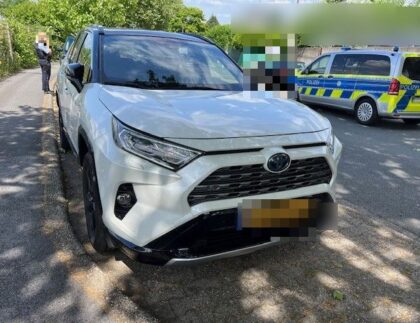
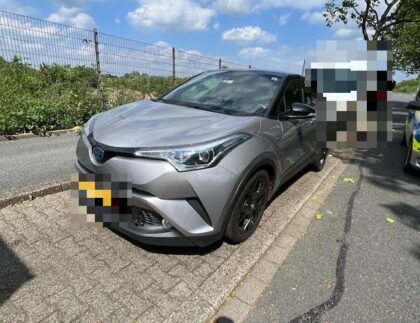
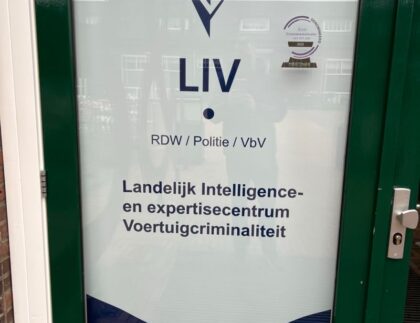
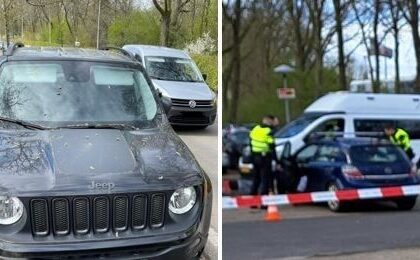
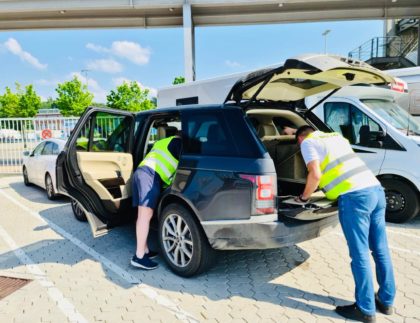
You must be logged in to post a comment.